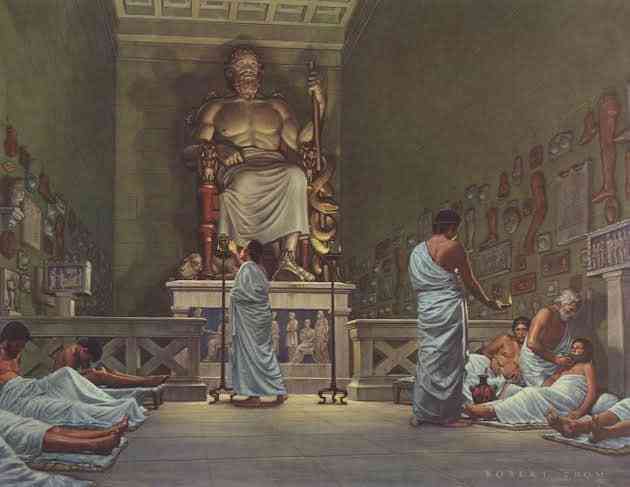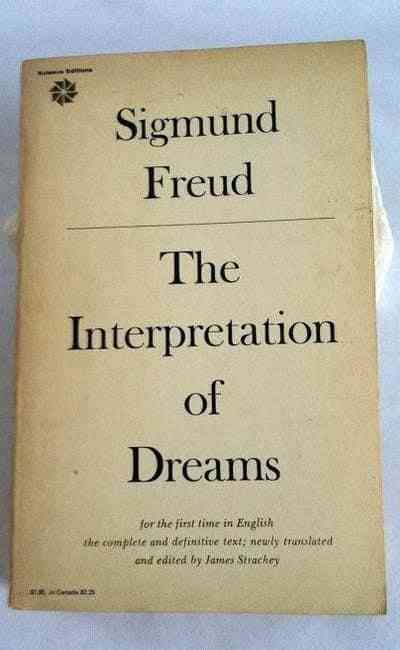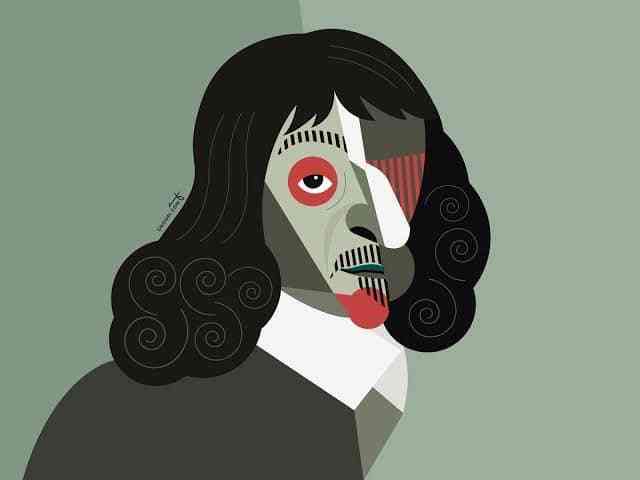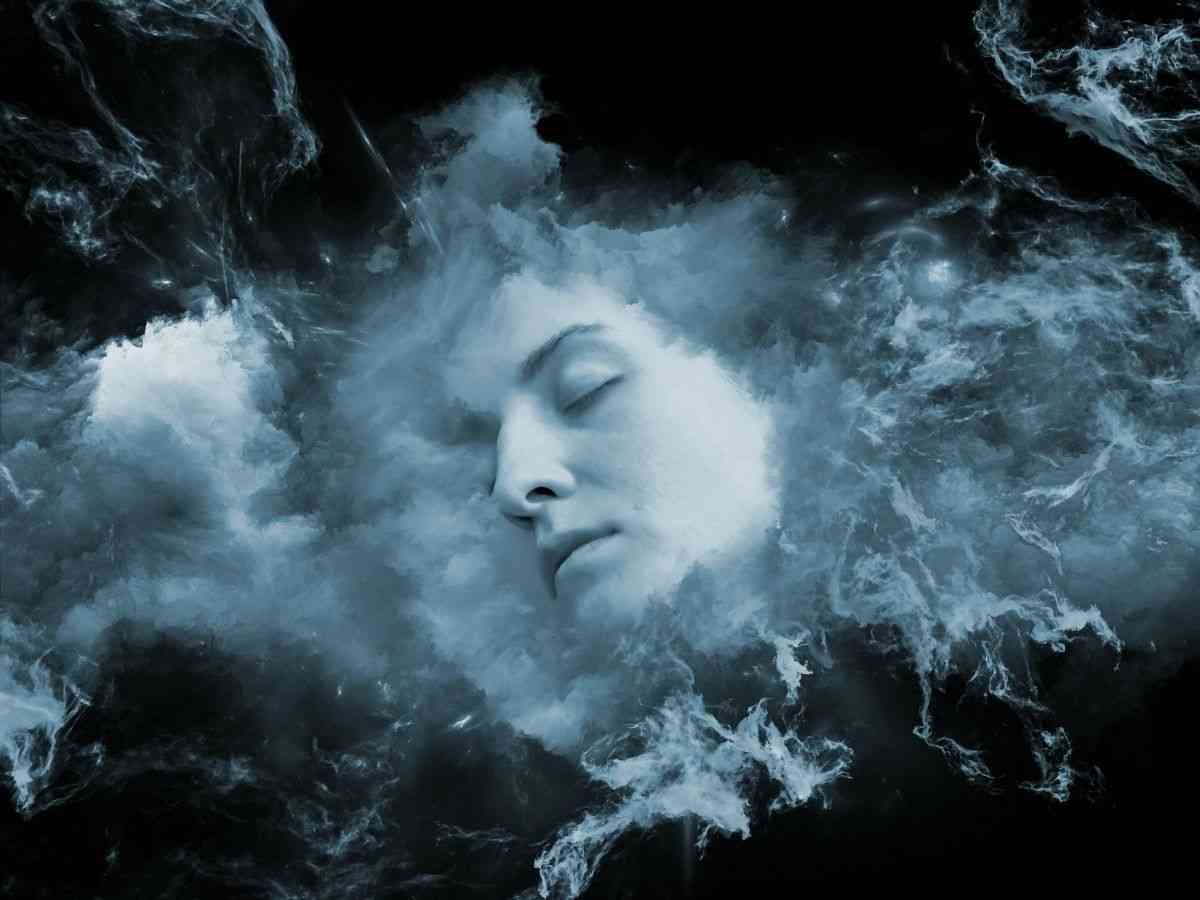Dreams:
A dream is a succession of images, ideas, emotions, and sensations that usually occur involuntarily in the mind during certain stages of sleep. The content and purpose of dreams are not fully understood, although they have been a topic of scientific, philosophical and religious interest throughout recorded history.¹
Throughout time, dreams have been a vastly debatable topic in various fields including religion, psychology, and astrology and the studies of the unknown. To each culture they meant something different, for instance:
✜The Meaning of Dreams in Ancient Egypt
In ancient Egyptian times, the dream world existed between the land of the living and the world on the other side, a world inhabited by deities and the spirits of the dead. Dreams were communications from those entities. Some of those dreams were straightforward and easy to understand.
✜ Dream Incubation in the Ancient World
Dream incubation was a widespread practice across the Near Eastern civilisations of the ancient world. Egyptian, Mesopotamian, Greek and Hebrew texts all refer to some form of inviting the other world to send prophetic dreams.

✜ Dreaming in the old testament:
The Old Testament contains many stories about God speaking to leaders, seers and prophets through dreams. Like many other cultures in the region, the ancient Hebrews believed that sleep thinned the veil between the living world and the world of demons, angels and spirits, and that sometimes, God himself spoke to humans through their dreams.
✜ Dreaming in Aboriginal Australian Cultures:
In Australian aboriginal mythology, the ancestral spirits dreamed the world, including their own forms, into existence. The aboriginal name for this period of creation—common across many dialects and languages—loosely translates as Dreamtime, or The Dreaming.²
Of course in the modern world dreams have been a material of studying for so many philosophers, psychologists, and other people of knowledge. The father of modern psychology, Sigmund Freud, conducted various studies about dreaming precisely, Freud regarded dreams as a royal road to the unconscious; dream interpretation has thus been an important psychoanalytic technique. His theory of dreams mainly refers to two key points: (a) what are the materials of a dream? and (b) how do these materials work together? The answers to these questions are closely related to an understanding of dream interpretation.
(a): Sources of dreams include stimuli from the external world, subjective experiences, organic stimuli within the body, and mental activities during sleep. Empirical evidence has supported some of these assertions. The self-organization theory of dreaming posits that memory consolidation, emotion regulation, and reception of external stimuli can contribute to dream content ; hence, dream content can contain important information about the dreamer.
(b): Freud realized that dream content is derived from but not identical to real life; thus, he suggested that some transformation and connection must exist between these materials. He contended that these connections are not random but rather constrained by one's unconscious desires, such that “a dream is the fulfillment of a will". He also found that “disagreeable” dreams seem more widespread than “pleasant” dreams , hence his hypothesis that dreams can disguise their true purpose (i.e., indirectly fulfilling wishes). Freud therefore identified two types of dreams: manifest dream and latent dream. He stated that the latent dream is the real dream, and the goal of dream interpretation is to reveal it. ³

When it comes to philosophy, dreams and dreaming have been discussed in diverse areas, ranging from epistemology to ethics, ontology, and more recently philosophy of mind and cognitive science, but it would only suffice to look at what Descartes accomplished on this particular topic.René believes that one should not trust his senses to distinguish reality from illusion, for they can easily trick us, his postulation is called "the dream argument", The dream argument is the hypothesis that the act of dreaming provides preliminary evidence that the senses we confide to distinguish reality from illusion should not be fully trusted, and therefore, any state that is dependent on our senses should at the very least be carefully examined and rigorously tested to determine whether it is in fact reality.⁴Thus we note philosophy has gone deeper into assuming what may dreams (illusions as some may call them) be, and that our physical senses might not be trustworthy to differentiate them from reality.

References:
- Wikipedia the free encyclopaedia
- https://www.jstor.org/stable/640405https://www.springer.com/us/book/9781493920884 https://www.researchgate.net/publication/227247381_Dream_Interpretation_in_Ancient_Civilizations
3. Freud 1900 p: 22, 122, 134
4. Wikipedia the free encyclopedia


